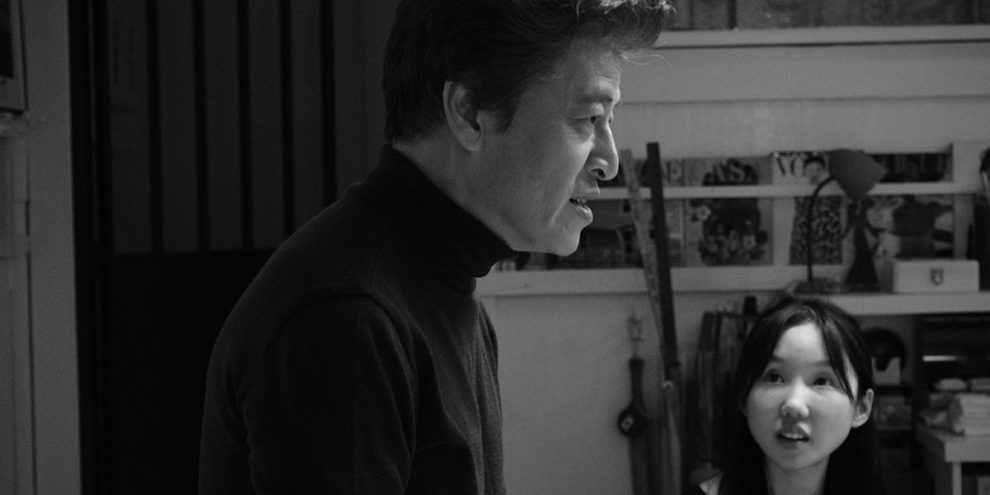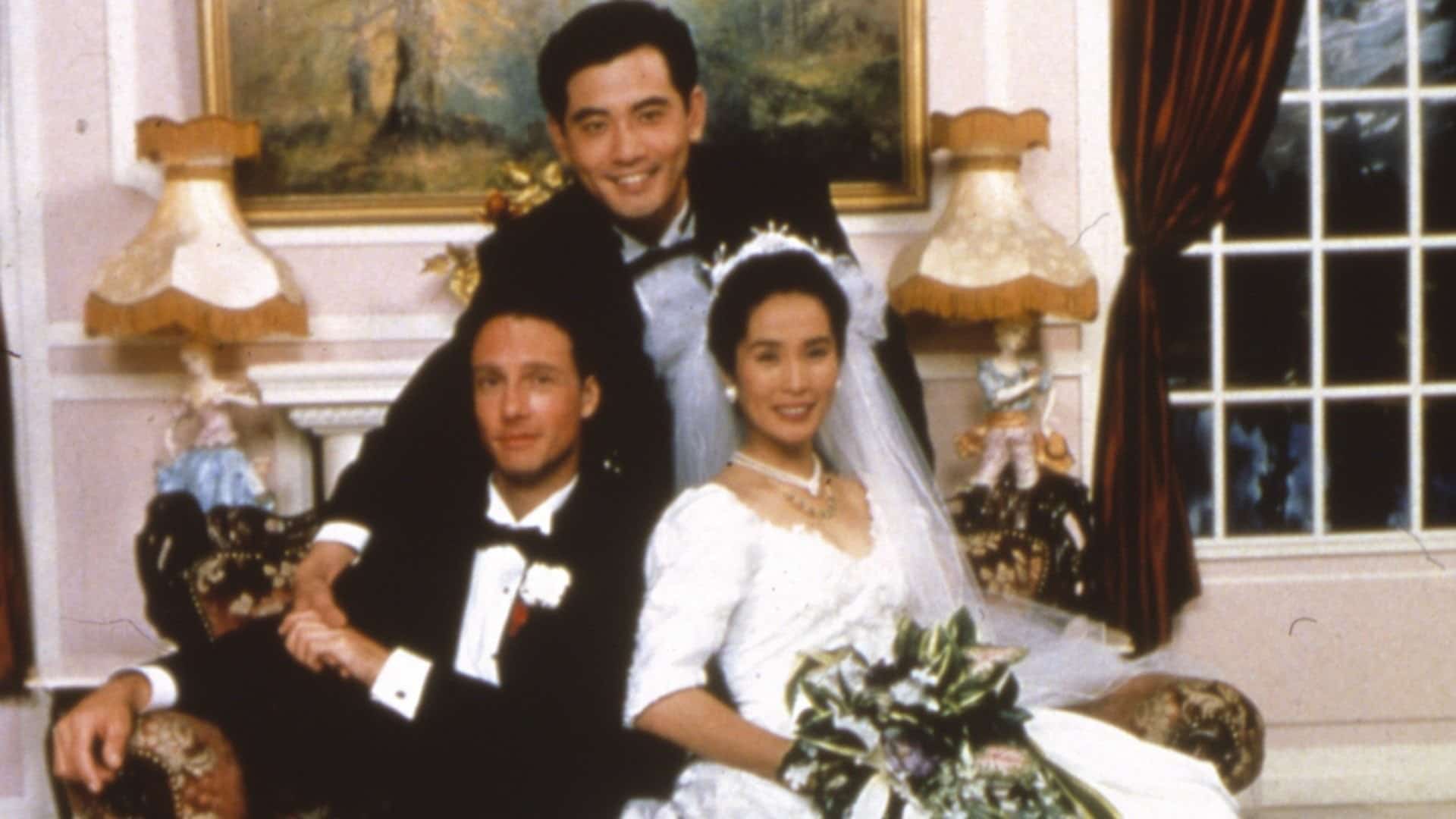Of contemporary Korean filmmakers, Hong Sang-soo is as prolific as he is accomplished. Over the last 25 years, he completed over 30 features and shorts, and in recent years, he has gleaned prizes with almost each and every one of them. In Berlinale 2020, he famously won the Silver Bear for Best Directing in “The Woman Who Ran”; earlier this year, he took home the Silver Bear Grand Jury Prize for “The Novelist's Film” (2022). Now, at Toronto International Film Festival, he premieres his latest work: “Walk Up,” or alternatively called “Top” (a pun on the word “Tower,” as inscribed by the original Korean).
“Walk Up“ is screening at Thessaloniki International Film Festival
Like much of Hong Sang-soo's recent filmography, “Walk Up” underscores a black-and-white drama at the dinner table. The famous and ever-bemused Byungsoo (Kwon Hae-hyo) engages with three notable women in a single building. He first beseeches elegant interior designer Ms. Kim (Lee Hae-young) to take on his alienated daughter (Park Mi-so) as an apprentice. Ms. Kim agrees, but not without some drinks. Though the camera stays still and the trio remain seated, they wander from pleasantries to brusque truths in their increasingly drunken conversation. The thematic day drinking then spills into Byungsoo's subsequent romantic interactions within the building: first with a restauranteur on the second floor, a real estate agent on the terrace, and then finally, tantalizingly, with Ms. Kim in the basement once again.
The film resonates with Hong Sang-soo's signature work “The Day a Pig Fell into the Well,” where two men bond bond over over the shared affection for the same woman. “The Day a Pig” horizontalizes their relationship, however. They sit across from each other, blithely looking out the window together, despite their vastly different career paths. “Walk Up,” however, is more interested in the architecture of the flighty human heart. Like Gustav Bachelard's The Poetics of Space, each floor witnesses different facets to Byungsoo's personality. On the first floor, he remains polite and distant; on the second, he unravels into a faithful homebody; on the third, he re-possesses his dignity; in the cellar, he dips into brutal honesty. Through all of this, a narrow, recursive staircase unites each part to Byungsoo's complex person where even a single slip could spiral him down into the slumber of the subconsciousness.
The staircase leads to self-reflexivity, and part of the perceptual delight is in the director's tongue-in-cheek commentary of his own career. In one of the film's most alluring moments, Hong Sang-soo questions how one should view a filmmaker's work. Should one watch it mirthfully, with a glass of wine in hand? Or should one take soberly sit through the 90 minutes? Is it strange to travel to film festivals only for retrospectives? Or should one continue to churn out movies, like a machine, to stay on the circuit?
Amidst these musings, it is difficult not to crack a smile. The increasingly unhinged conversations and entirely still camera allow one to lean into the nuances of the actors' performances. Park Mi-so (who also acted in Hong Sang-soo's Introduction” (2021) and “The Novelist's Film” (2022)) especially shines here. Her easy bashfulness feels organic in the face of Lee Hae-young and Kwon Hae-hyo's matured elegance; her repressed rage towards her estranged father feels palpable. From her averted eyes to the loose cigarette dangling from her fingers, she fully embraces the common grace of a girl next door. Of all of “Walk Up”s extraordinary characters, Park Mi-so adds an appropriately plebian charm of a fresh-faced youth.
“Walk Up” presents one of Hong Sang-soo's most mellow work yet. This delightful film is not so much a crowdpleaser than it is a sly peephole; it wonders at the sheer simplicity of everyday life. In sum, “Walk Up” is a delightful addition to the auteur's oeuvre.
















